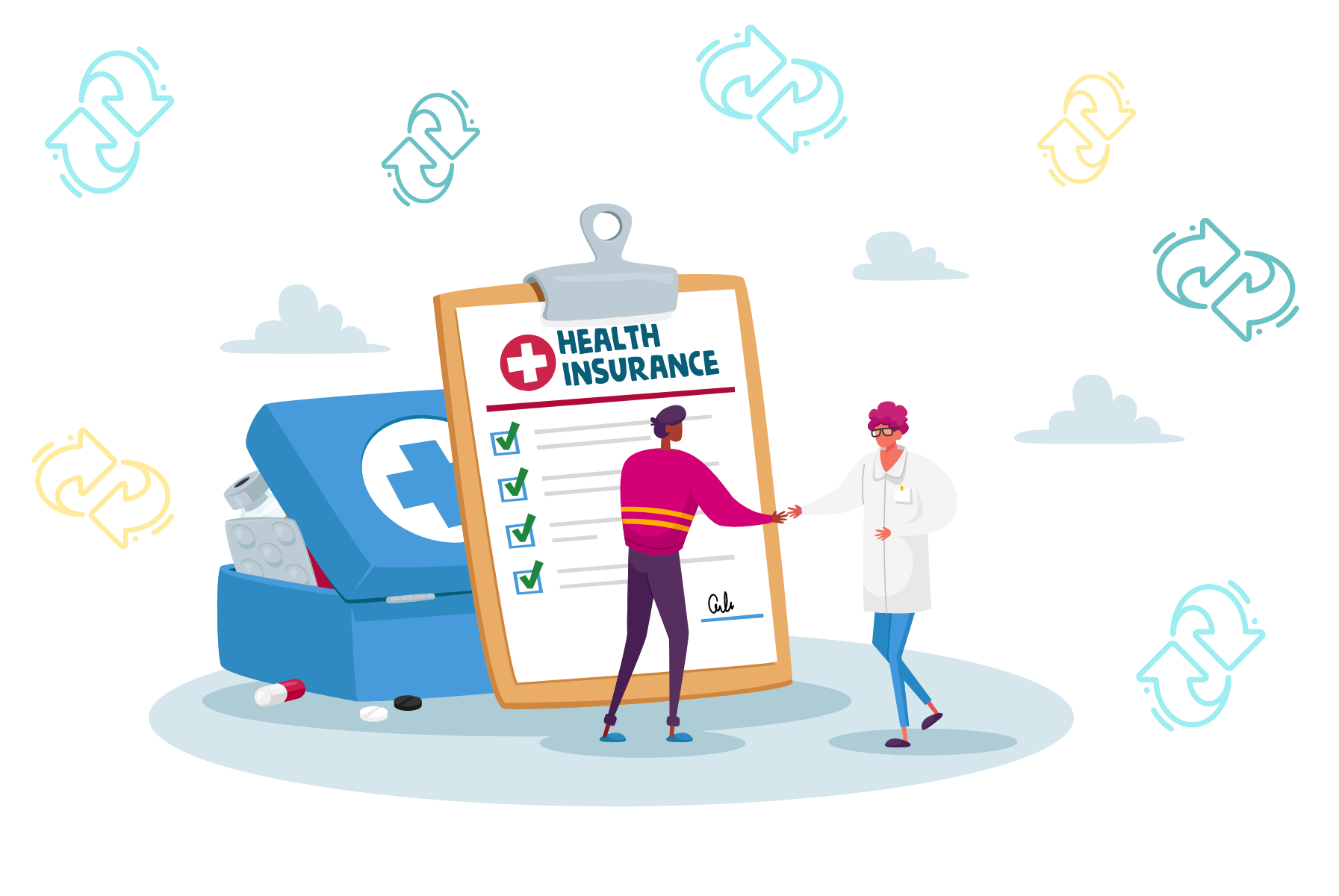The Importance of Stress Management
In today's fast-paced and demanding world, stress has become a common aspect of daily life. It is crucial to recognize the impact of stress on our well-being and take proactive steps to manage it effectively. One such approach is incorporating exercise into our routines. Exercise not only benefits our physical health but also plays a significant role in reducing stress levels and preventing burnout.
Understanding Stress and Burnout
Stress is the body's natural response to demanding situations, whether physical or psychological. When stress becomes chronic and overwhelming, it can lead to burnout, a state of emotional, mental, and exercise physical exhaustion. Burnout often manifests as a sense of detachment, cynicism, and decreased productivity. Managing stress effectively is essential to prevent burnout and maintain overall well-being.
The Benefits of Exercise for Stress Reduction
Physical Fitness and Exercise
Engaging in regular physical activity is fundamental to maintaining physical fitness. Exercise improves cardiovascular health, strengthens muscles and bones, and enhances overall physical performance. These physical benefits lay a solid foundation for stress management and resilience.
Health Benefits of Exercise
Exercise offers a myriad of health benefits, ranging from reducing the risk of chronic diseases to improving immune function. By keeping our bodies healthy, exercise boosts our ability to handle stress and recover from its negative effects.
Psychological Effects of Exercise
In addition to its physical advantages, exercise has a profound impact on our mental well-being. It stimulates the release of endorphins, known as "feel-good" hormones, which enhance mood and promote a sense of well-being. Exercise also helps reduce symptoms of anxiety and depression, providing an effective natural remedy for managing stress.
Types of Physical Activity for Stress Relief
Aerobic Exercises
Aerobic exercises, such as running, swimming, or cycling, increase heart rate and oxygen intake, promoting the release of endorphins. These exercises are excellent for reducing stress and improving overall fitness levels.
Strength Training
Strength training exercises, such as weightlifting or bodyweight exercises, help build muscle mass and improve strength. Regular strength training sessions contribute to increased energy levels and stress reduction.
Mind-Body Exercises
Mind-body exercises, including yoga, Pilates, and tai chi, combine physical movement with mindfulness and deep breathing. These exercises help calm the mind, reduce stress, and improve flexibility and balance.
Exercise as a Stress Management Tool
Endorphin Release
During exercise, the brain releases endorphins, which act as natural painkillers and mood enhancers. These endorphins not only reduce physical discomfort but also help alleviate stress and promote a sense of well-being.
Enhancing Mood and Reducing Anxiety
Engaging in physical activity triggers the release of neurotransmitters like serotonin, dopamine, and norepinephrine, which play crucial roles in regulating mood and reducing anxiety. Regular benefits of exercise helps create a positive outlook and reduces the impact of stressors.
Promoting Better Sleep
Quality sleep is essential for stress management and overall well-being. Exercise improves sleep quality by reducing anxiety, promoting relaxation, and regulating sleep-wake cycles. By getting better sleep, individuals are better equipped to handle stress and maintain mental resilience.
Incorporating Exercise into Daily Life
Setting Realistic Goals
When incorporating exercise into our routines, it's essential to set realistic goals that align with our fitness levels and schedules. Start with small, achievable steps and gradually increase the intensity and duration of your workouts.
Finding Activities You Enjoy
To maintain consistency, choose activities you genuinely enjoy. Whether it's dancing, hiking, or playing a sport, finding exercise that brings you joy increases the likelihood of sticking to your routine.
Creating a Routine
Establishing a regular exercise routine helps make physical activity a habit. Block out specific times in your schedule dedicated to exercise, and treat them as non-negotiable appointments with yourself.
Exercise and Burnout Prevention
Reducing Chronic Stress Levels
Engaging in regular exercise helps reduce chronic stress levels by lowering cortisol, the primary stress hormone. Exercise provides a health benefits of exercise outlet for stress, preventing it from accumulating and leading to burnout.
Increasing Resilience
Exercise promotes resilience by strengthening the body and mind. Physical fitness enhances our ability to cope with stress and recover from challenging situations, making us more resilient to burnout.
Improving Cognitive Function
Physical activity has a positive impact on cognitive function, including memory, attention, and problem-solving skills. By improving brain health fitness, exercise enhances our ability to handle stress and make sound decisions.
Combining Exercise with Other Stress-Management Techniques
Mindfulness and Meditation
Practicing mindfulness and meditation alongside regular exercise can significantly enhance stress reduction. Combining these techniques helps cultivate a sense of calm, clarity, and self-awareness.
Healthy Eating Habits
A nutritious diet complements exercise by providing the necessary fuel for physical activity and supporting overall well-being. Eating a balanced diet rich in fruits, vegetables, lean proteins, and whole grains helps optimize stress management efforts.
Social Support and Connection
Building social connections and seeking support from friends, family, or support groups can alleviate stress. Engaging in group activities or exercising with a workout buddy fosters a sense of community and provides an additional source of motivation.
Incorporating exercise into our daily lives is a powerful strategy for managing stress and preventing burnout. Physical activity offers numerous benefits for both physical and mental health, promoting stress reduction, resilience, and overall well-being. By making exercise a priority and combining it with other stress-management techniques, individuals can effectively navigate life's challenges while maintaining optimal health.






 English (US) ·
English (US) ·